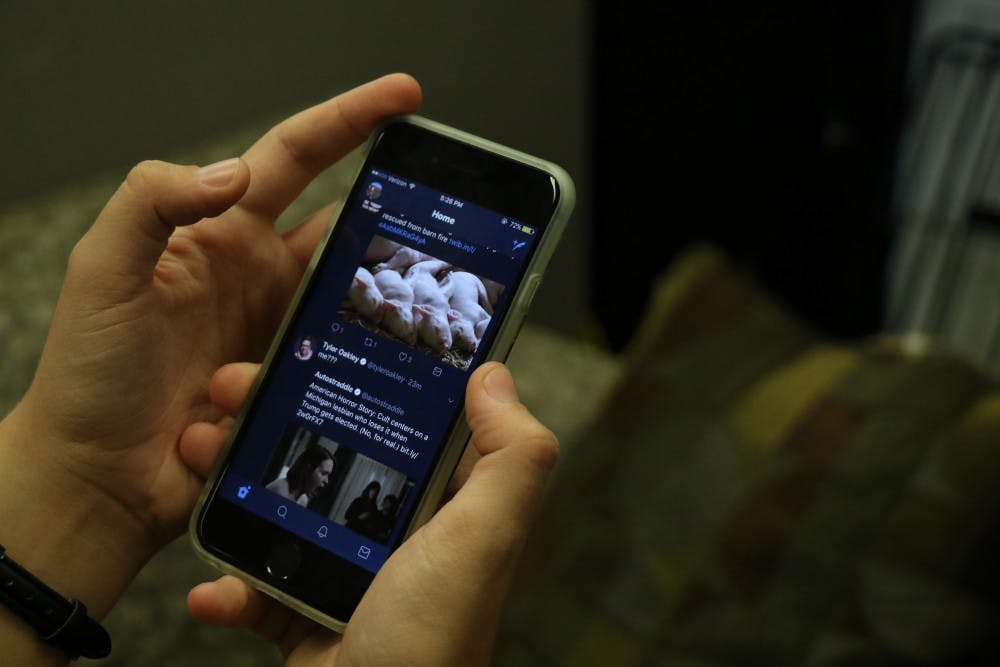It may seem harsh, but the days of young professionals keeping their personal lives private have disappeared faster than it takes to upload a post to Instagram. Social media networks have catalyzed a whole new level of separating out candidates when hiring interns or employees.
And unfortunately, many college students and young professionals don’t realize the implications of their presence online — or lack thereof.
With social media interjecting itself into virtually all aspects of our lives, it is ignorant to assume that when one goes out for a job, the hiring staff won’t see the applicant’s social media. Why wouldn’t the company potentially hiring you look at your social media? How we present ourselves on social media can say a lot about our work ethic and how well we would represent the company. It provides insight into our values and morals, as well as the company we keep — all things that speak to the job we would do for a company.
Even though the last decade has seen a huge increase in social media use, colleges around the country seem not to have realized that in order to fully develop their students as young professionals, they need to teach them social media literacy when it comes to branding themselves.
Today’s universities need to include social media strategizing and proficiency as a core requirement for all students.
Many students may think it doesn’t matter what they post on social media as long as they have a strong resume. Don’t get me wrong, a strong resume is absolutely essential to landing a job or internship. But the reality of today is that employers look at potential interns’ and employees’ social media presence to see how they brand themselves.
And the lack of a presence on key sites, such as LinkedIn, can be just as harmful to employment as inappropriate content on one’s social media accounts. In fact, many studies have been published that clearly show employers are far less likely to call in a candidate if they cannot locate them online or if they find inappropriate content.
LinkedIn is one of the best social media platforms for professional development, and it’s also the network that most employers look to when making decisions about who to call in for an interview. Some 40 million college students and recent graduates use the website; perhaps that’s why LinkedIn created a way for students to find jobs via their jobs search feature.
But the issue is, if you decide to use LinkedIn to find a job and network, you need to maintain an active and involved presence. It’s not enough to upload a profile picture and say where you attend school. You should present yourself as the best possible candidate for whatever job you apply for — because chances are, the hiring manager is going to look at your profile.
There seems to be a disconnect between the companies looking to hire young professionals and the colleges that seek to develop those students professionally. If universities require a social media strategy course that teaches students how to be efficient on social media sites and use them to their advantage, it would likely be easier for students to find internships or jobs.
Having a course that teaches how to be strategic on social media can mean the difference between a student eventually landing his or her dream job or struggling to even get an interview.

